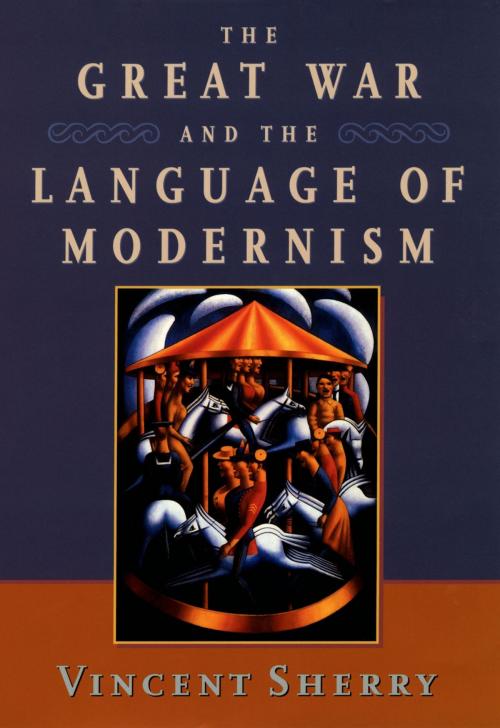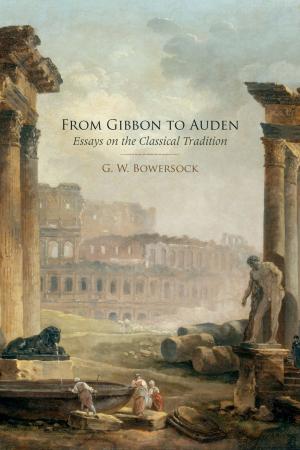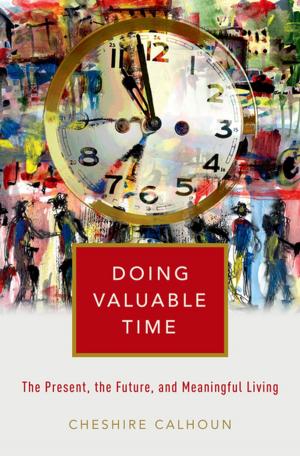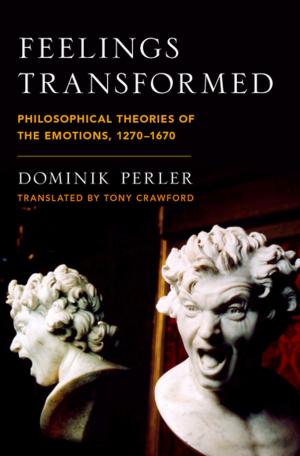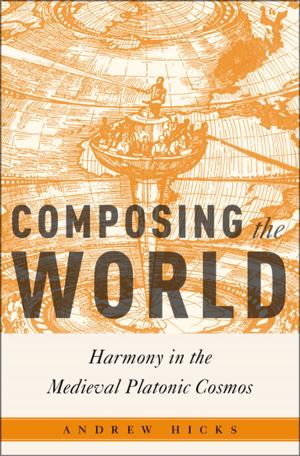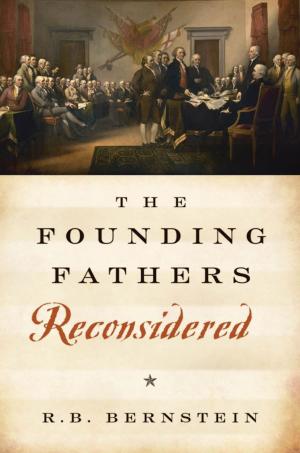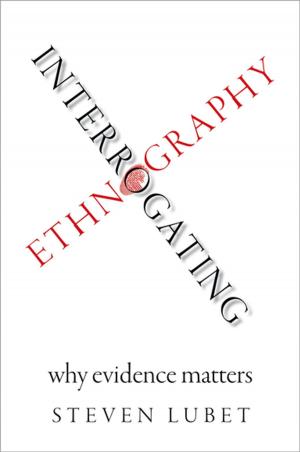The Great War and the Language of Modernism
Fiction & Literature, Literary Theory & Criticism, British| Author: | Vincent Sherry | ISBN: | 9780190282851 |
| Publisher: | Oxford University Press | Publication: | April 10, 2003 |
| Imprint: | Oxford University Press | Language: | English |
| Author: | Vincent Sherry |
| ISBN: | 9780190282851 |
| Publisher: | Oxford University Press |
| Publication: | April 10, 2003 |
| Imprint: | Oxford University Press |
| Language: | English |
With the expressions "Lost Generation" and "The Men of 1914," the major authors of modernism designated the overwhelming effect the First World War exerted on their era. Literary critics have long employed the same phrases in an attempt to place a radically experimental, specifically modernist writing in its formative, historical setting. What real basis did that Great War provide for the verbal inventiveness of modernist poetry and fiction? Does the literature we bring under this heading respond directly to that provocation, and, if so, what historical memories or revelations can be heard to stir in these words? Vincent Sherry reopens these long unanswered questions by focusing attention on the public culture of the English war. He reads the discourses through which the Liberal party constructed its cause, its Great Campaign. A breakdown in the established language of liberal modernity--the idioms of public reason and civic rationality--marked the sizable crisis this event represents in the mainstream traditions of post-Reformation Europe. If modernist writing characteristically attempts to challenge the standard values of Enlightenment rationalism, this study recovers the historical cultural setting of its most substantial and daring opportunity. And this moment was the occasion for great artistic innovations in the work of Virginia Woolf, T.S. Eliot, and Ezra Pound. Combining the records of political journalism and popular intellectual culture with abundant visual illustration, Vincent Sherry provides the framework for new interpretations of the major texts of Woolf, Eliot, and Pound. With its relocation of the verbal imagination of modernism in the context of the English war, The Great War and the Language of Modernism restores the historical content and depth of this literature, revealing its most daunting import.
With the expressions "Lost Generation" and "The Men of 1914," the major authors of modernism designated the overwhelming effect the First World War exerted on their era. Literary critics have long employed the same phrases in an attempt to place a radically experimental, specifically modernist writing in its formative, historical setting. What real basis did that Great War provide for the verbal inventiveness of modernist poetry and fiction? Does the literature we bring under this heading respond directly to that provocation, and, if so, what historical memories or revelations can be heard to stir in these words? Vincent Sherry reopens these long unanswered questions by focusing attention on the public culture of the English war. He reads the discourses through which the Liberal party constructed its cause, its Great Campaign. A breakdown in the established language of liberal modernity--the idioms of public reason and civic rationality--marked the sizable crisis this event represents in the mainstream traditions of post-Reformation Europe. If modernist writing characteristically attempts to challenge the standard values of Enlightenment rationalism, this study recovers the historical cultural setting of its most substantial and daring opportunity. And this moment was the occasion for great artistic innovations in the work of Virginia Woolf, T.S. Eliot, and Ezra Pound. Combining the records of political journalism and popular intellectual culture with abundant visual illustration, Vincent Sherry provides the framework for new interpretations of the major texts of Woolf, Eliot, and Pound. With its relocation of the verbal imagination of modernism in the context of the English war, The Great War and the Language of Modernism restores the historical content and depth of this literature, revealing its most daunting import.
